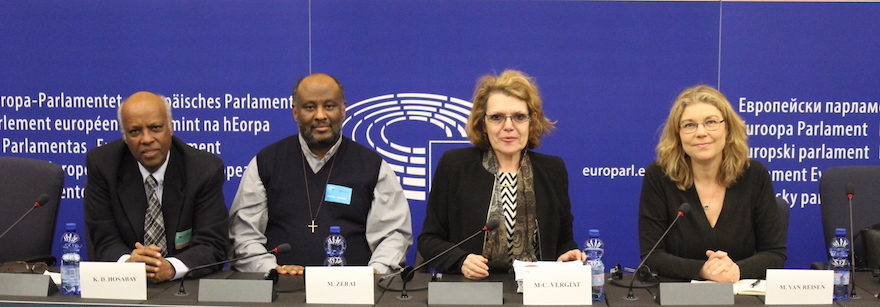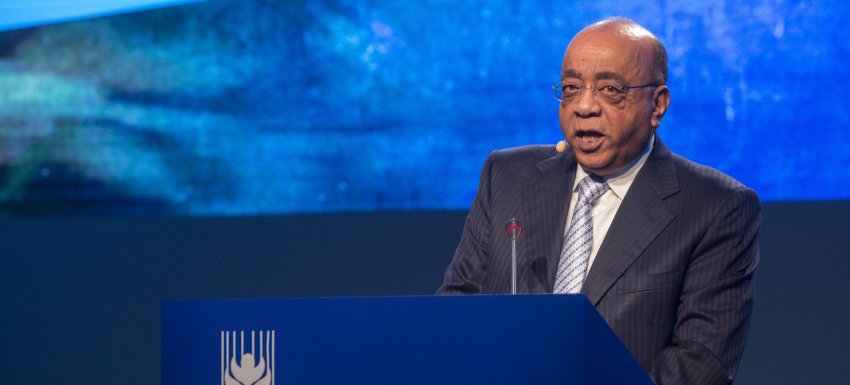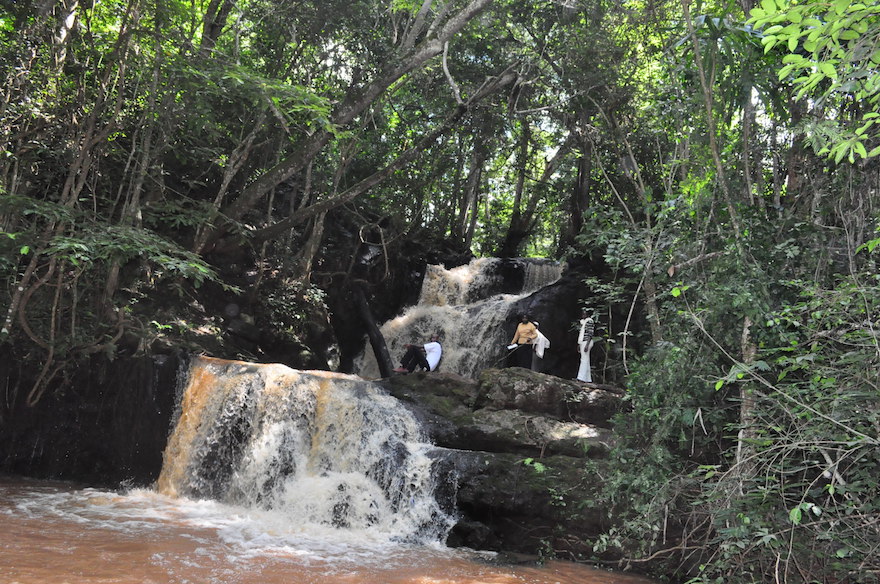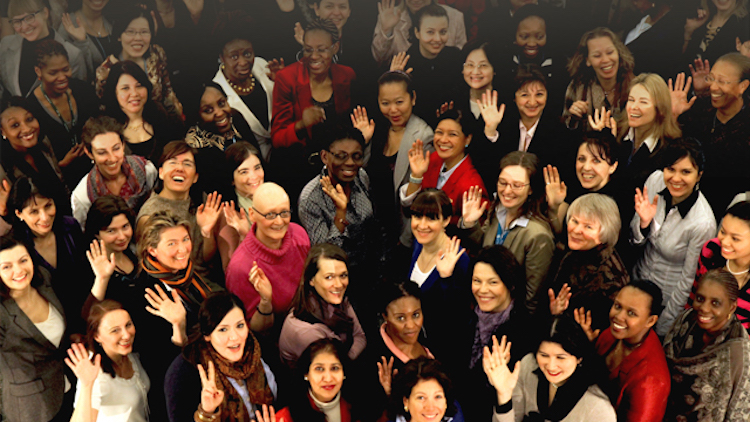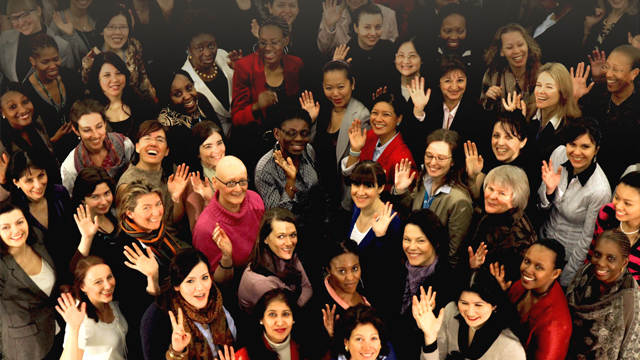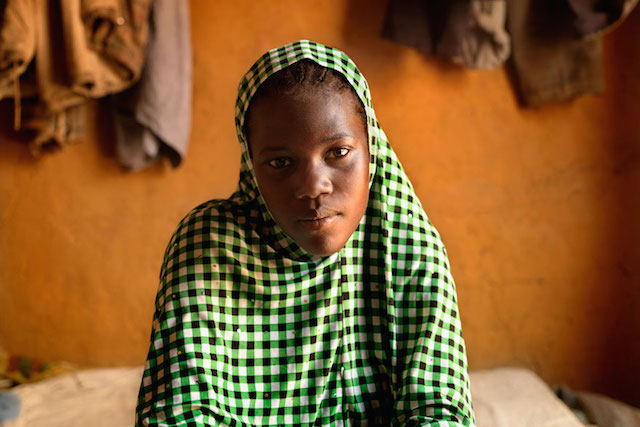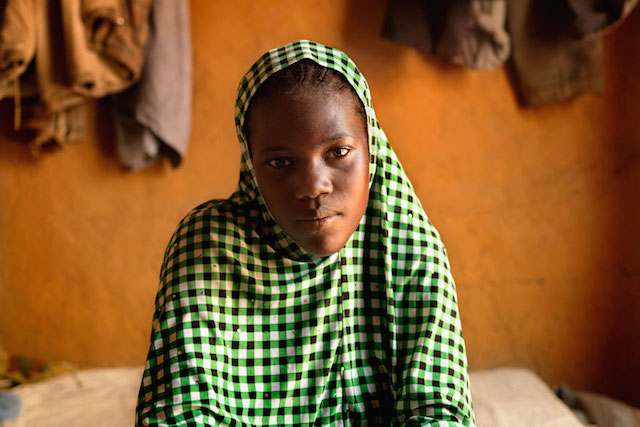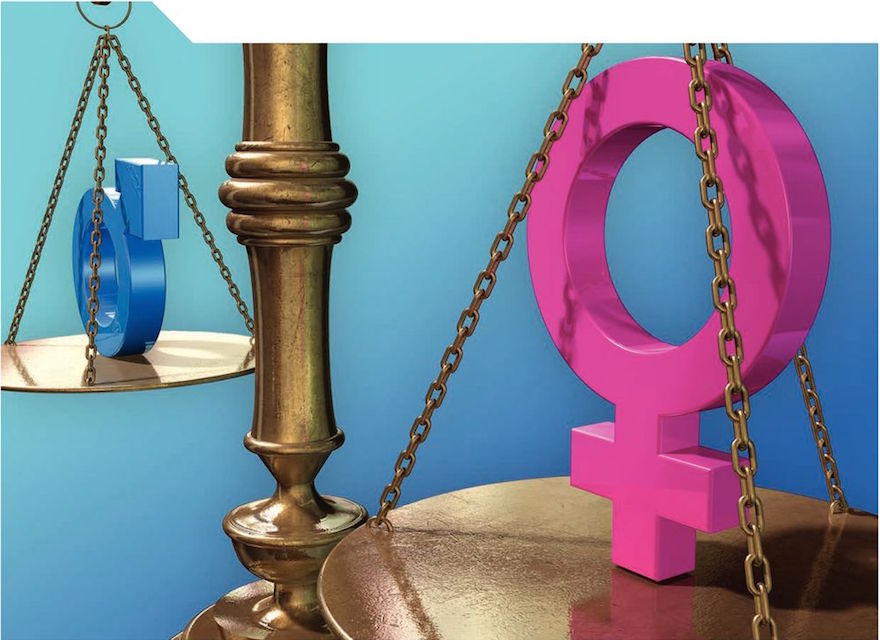By Klara Smits and Florence Tornincasa | IDN-InDepthNews Report
STRASBOURG (IDN) – The European Parliament has adopted a resolution on Eritrea, which sends a strong signal to the European Commission, the EU Council, member states and the Eritrean government that human rights violations in the country need to be addressed.
The resolution approved on March 10 clearly identifies that Eritrean refugees are fleeing serious human rights violations and an indefinite national service which constitutes slavery.
The resolution also addresses the systematic extortion of refugees, a concern expressed earlier in resolutions adopted by the UN Security Council.


